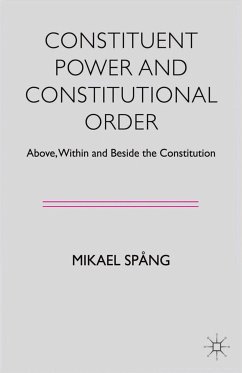Though sharing broadly similar processes of economic and political development from the mid-to-late nineteenth century onward, western countries have diverged greatly in their choice of voting systems: most of Europe shifted to proportional voting around the First World War, while Anglo-American countries have stuck with relative majority or majority voting rules. Using a comparative historical approach, Wrestling with Democracy examines why voting systems have (or have not) changed in western industrialized countries over the past century.In this first single-volume study of voting system reform covering all western industrialized countries, Dennis Pilon reviews national efforts in this area over four timespans: the nineteenth century, the period around the First World War, the Cold War, and the 1990s. Pilon provocatively argues that voting system reform has been a part of larger struggles over defining democracy itself, highlighting previously overlooked episodes of reform and challenging widely held assumptions about institutional change.
Dieser Download kann aus rechtlichen Gründen nur mit Rechnungsadresse in A, B, BG, CY, CZ, D, DK, EW, E, FIN, F, GR, HR, H, IRL, I, LT, L, LR, M, NL, PL, P, R, S, SLO, SK ausgeliefert werden.









